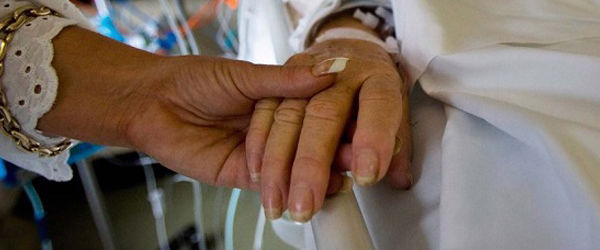In all human relationships, Catholics are called to “see other people as Jesus sees them — as brothers and sisters, as children of God,” Archbishop José Gomez declared Sept. 8 as part of a national effort to encourage the passage of comprehensive immigration reform legislation.“Immigration reform is not only about politics and economics,” Archbishop Gomez said in his homily at the Cathedral of Our Lady of the Angels. “It is a spiritual and moral issue. It is about our relationships with God and with our neighbors, who are our brothers and sisters. It is a question of what it means to say that we are followers of Jesus Christ.”Masses were celebrated in 22 states Sept. 8 to pray for immigration reform, an issue that has divided many within and outside of the Catholic Church. Legislation passed by the Senate is before the House of Representatives, but its fate is uncertain, given the strong opposition of some members and the situation in Syria that has taken priority in Washington.“We need to pray for ourselves and for our leaders in Congress today, said Archbishop Gomez, chairman of the U.S. Conference of Catholic Bishops’ Committee on Migration, who admitted that immigration reform “is a difficult issue. And good people disagree. “We all agree that our immigration system is broken — and that many people are suffering because of it. But what we are having a hard time in Washington trying to figure out is how to fix this system in a way that promotes justice.”Catholics, though, are called “to see things in a different light,” he said. “We are called to see everything and everybody in the light of Jesus Christ and his Gospel. As Christians, we have to think with the mind of Christ. We can’t think just in the categories of our culture, or in terms only of politics or law.”In God’s eyes, he continued, “we’re all his beloved sons and daughters and no one is a stranger to any of us. No matter who we are, or where we come from, or how we got here.”The archbishop encouraged Catholics to keep praying for immigration reform “that respects human dignity and the deepest promises of our nation’s traditions of freedom and justice for all.”{gallery width=100 height=100}gallery/2013/0913/immigration/{/gallery}

